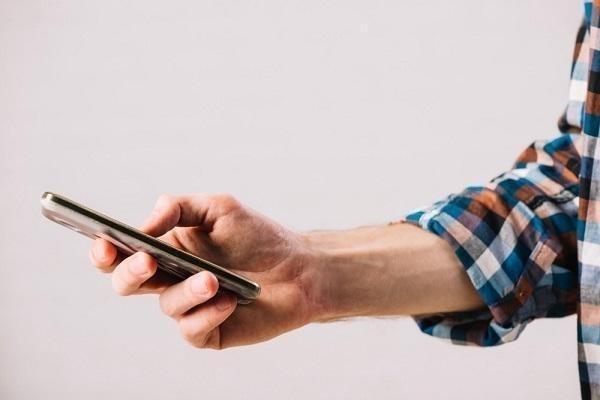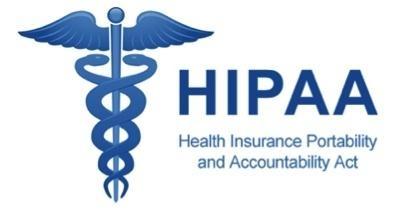The Florida legislature has passed Chapter 2019-137, Laws of Florida. Signed into law by the governor and effective July 1, 2019, Chapter 2019-137 clarifies the definitions for healthcare providers who use or plan on using telehealth services in Florida, as well as the steps needed to provide ethical, legal, and competent services within the state. The full text of Chapter 2019-137 can be downloaded on the home page.
It is now mandatory for practitioners who are licensed out-of-state and do NOT hold an additional Florida license to be registered with the state in order to perform telehealth services for patients located in Florida. (Licensed Florida providers are already allowed to practice telehealth with patients, and they would be able to see them face-to-face.)










The course was so informative and I was glued to my screen for the entire duration. I received so much knowledge concerning ethics in telehealth and I am greatly encouraged to read about all the standards and policies that pertain to my practice. Thank you!.